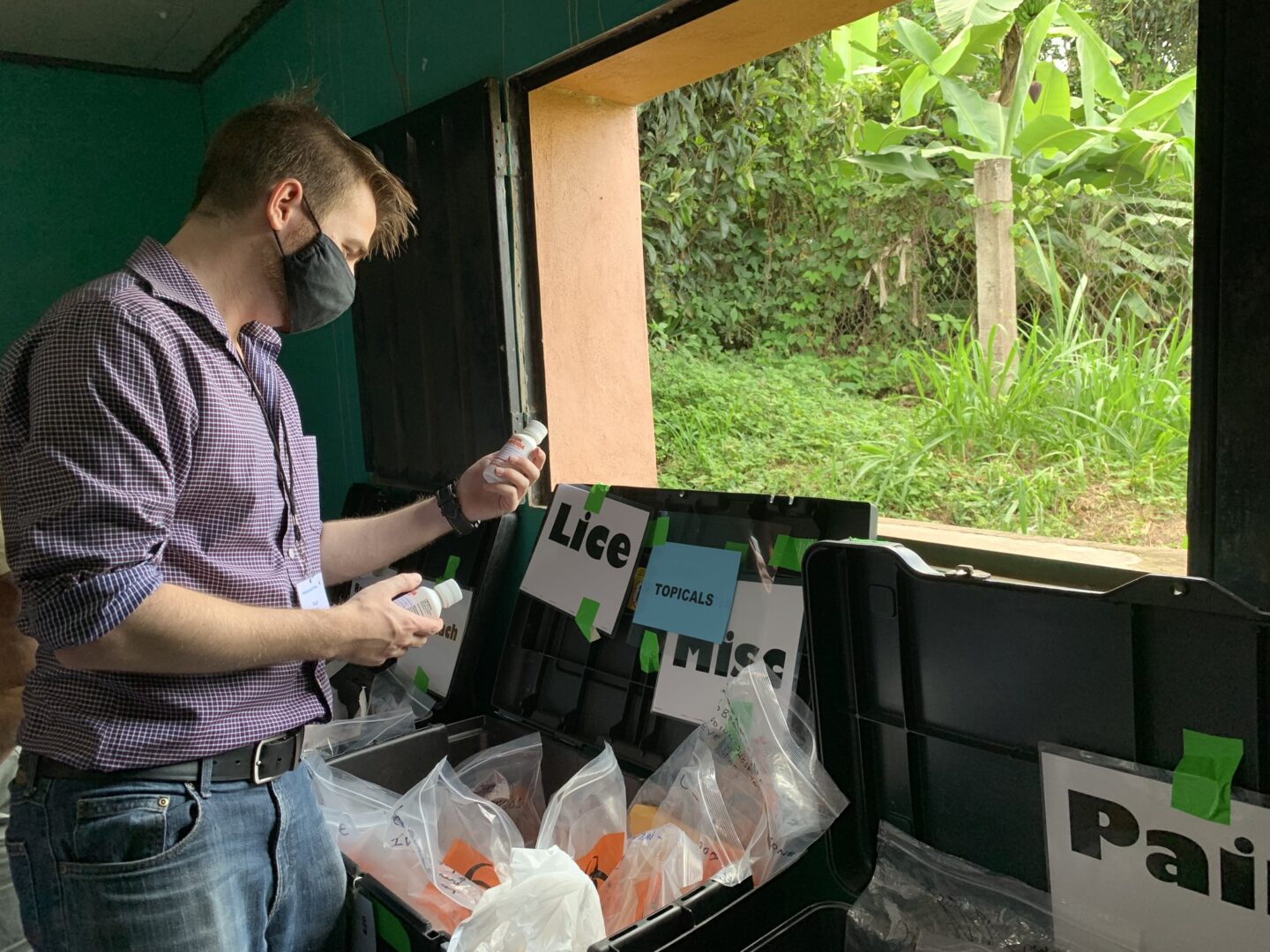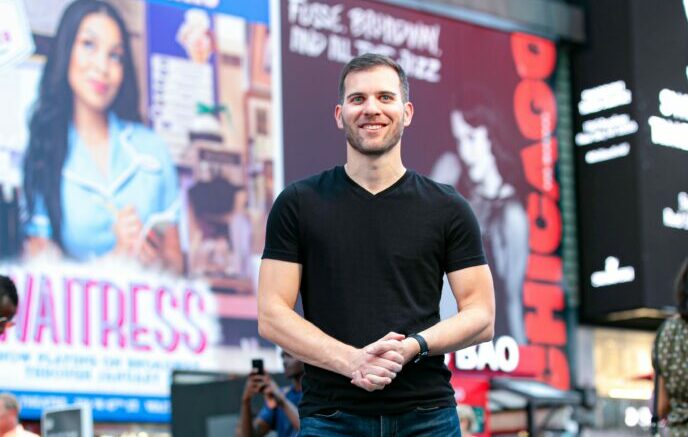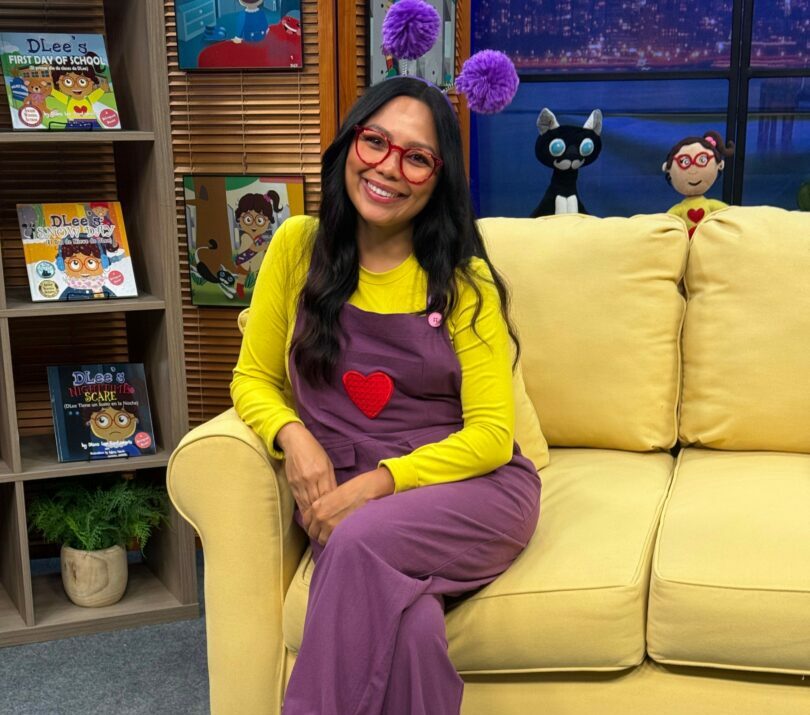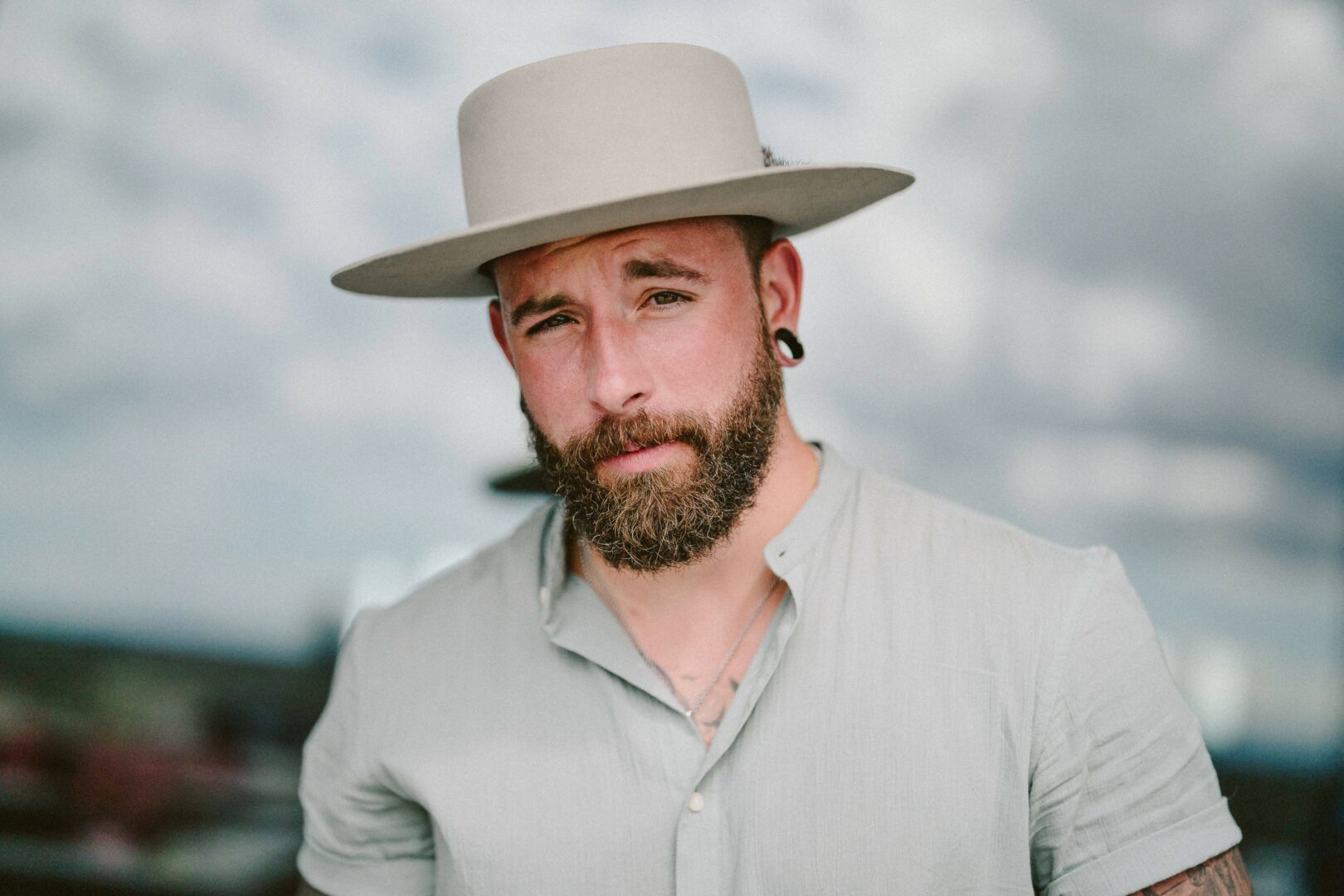We caught up with the brilliant and insightful Thiery Sparks a few weeks ago and have shared our conversation below.
Thiery, so great to be with you and I think a lot of folks are going to benefit from hearing your story and lessons and wisdom. Imposter Syndrome is something that we know how words to describe, but it’s something that has held people back forever and so we’re really interested to hear about your story and how you overcame imposter syndrome.
Working with the medical side of Honduras Good Work for almost 18 years, I have had the privilege to volunteer alongside many extremely skilled and respected doctors, nurses, and medical professionals. I have no medical training myself, and it always felt like I was out-of-place assisting, translating, and now leading teams of people with much more experience and understanding than I.
I believe one of the best crucibles for burning away imposter syndrome is necessity. When we are out in the remote villages of El Paraiso, Honduras, our teams of medical staff are very much out of their “normal” element of a well-stocked hospital and pharmacy. When challenges and problems arise there is often simply not a readily-available solution, but our patients need one nonetheless. When a team of people all turn to you to figure out a problem, you very quickly realize that imposter or not, you’re going to have to solve it. An “imposter” with a solution isn’t an imposter at all.
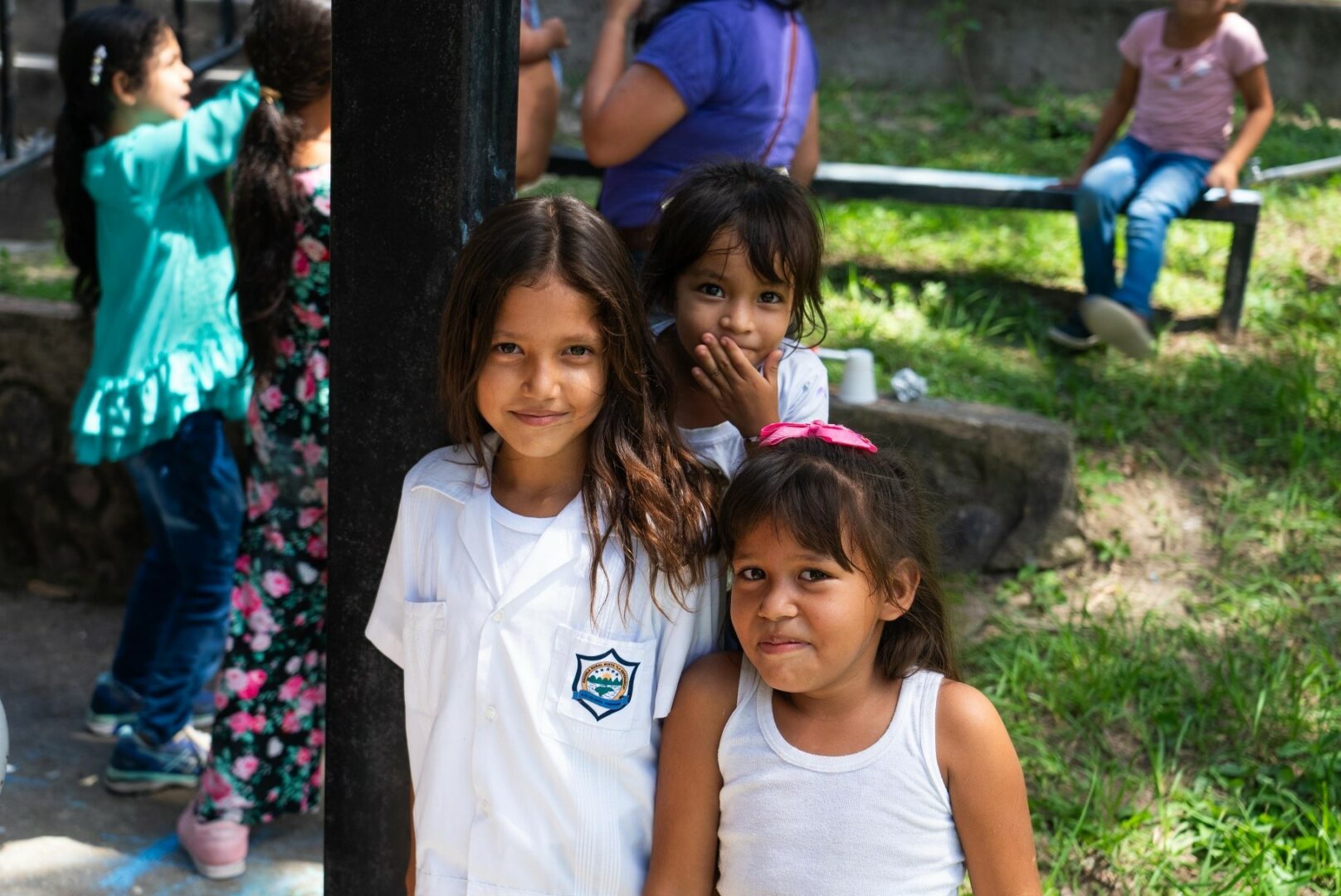
Let’s take a small detour – maybe you can share a bit about yourself before we dive back into some of the other questions we had for you?
Honduras Good Works has been providing medical, educational, and spiritual support to the people of El Paraiso, Honduras for 25 years now. In that time, we have had one-on-one medical examinations (with six-to-twelve-month supplies of medication and hygiene products) with over 40,000 patients. We have supplied over a thousand water filters to provide clean water access to nearly 5,000 people. We have supported thousands of children in high school and university through our scholarship program and now offering scholarships to trade schools. We continue to grow our network of partners, volunteers, and donors to make sure we can sustain our commitments to our villages for years to come.
The greatest strength of our organization is the relationships we have with the people we serve. We have been going to the same villages (with a few additions) for 25 years. Many of us have close personal friends in the villages. We even have some members who have been adopted as god-parents to children in villages. By focusing our efforts on the underserved remote villages of El Paraioso, we have been given the opportunity to join communities rather than simply support them. The result is that we can do more for our patients and their families in ways that most impact them, a move away from simple charity and towards partnership.
I first volunteered with Honduras Good Works in 2007 when I attended my first medical brigade. This year, I helped lead our 25th anniversary medical brigade which brought 85 volunteers from the United States and Honduras and served over 2,000 patients over the course of a week. It is the absolute best way to get involved with Honduras Good Works (no medical training required) and to fall in love with the country of Honduras and it’s people. Join us – the application for 2025 will open in January at hondurasgoodworks.org. Join our newsletter so you don’t miss out!
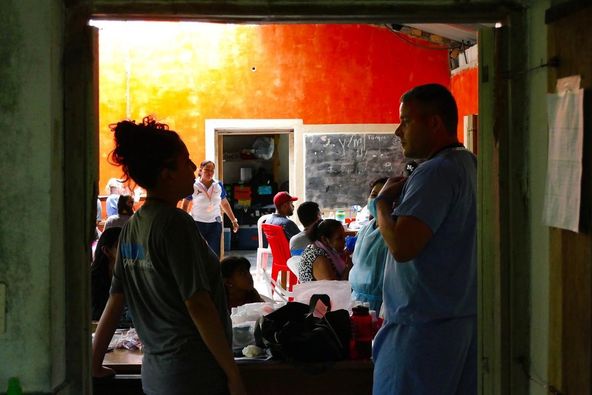
There is so much advice out there about all the different skills and qualities folks need to develop in order to succeed in today’s highly competitive environment and often it can feel overwhelming. So, if we had to break it down to just the three that matter most, which three skills or qualities would you focus on?
Be willing to serve: I started off as a volunteer, and in many ways I still am one. The charity route may not be for everyone, but for me it was a way to grow as a person and as a professional in ways I couldn’t imagine for myself. I have been handed cups of urine for analysis. I have pulled stubborn teeth. I have held the hand of those who our doctors said would be lucky to survive the month, only to greet them in joy a year later. If you are open to new experiences and approach them with humility and dedication, you can find ways to grow that you may not have even known existed.
Build your value: Over the years I’ve worn many hats, some of which I had little choice in. I was forced to act as our treasurer for six months during Covid after an unplanned resignation from our previous one. Later, I agreed to become board chair when it became apparent that no other member felt ready. I entered those roles with a lot of trepidation and feelings of inadequacy. But looking back, those experiences allowed me to build my skill set and demonstrate it to those I work with. When no one on a team wants to do something, it means there is an opportunity to improve it.
Develop empathy: Sometimes soft skills are what’s missing from an equation. A leader’s job is not simply to allocate resources and point the experts toward the problem. A leader is supposed to make a team more than the sum of its parts; to multiply its efficiency rather than just maintain it. In that regard, learning how to bring people together or how to get to the root cause of issues is invaluable. Often the best way to go beyond simply responding to and solving problems a taking a look at the human causes that lead to them. Sometimes what is labeled as miscommunication is really a fear or reticence to communicate that, over time, leads to bigger problems.
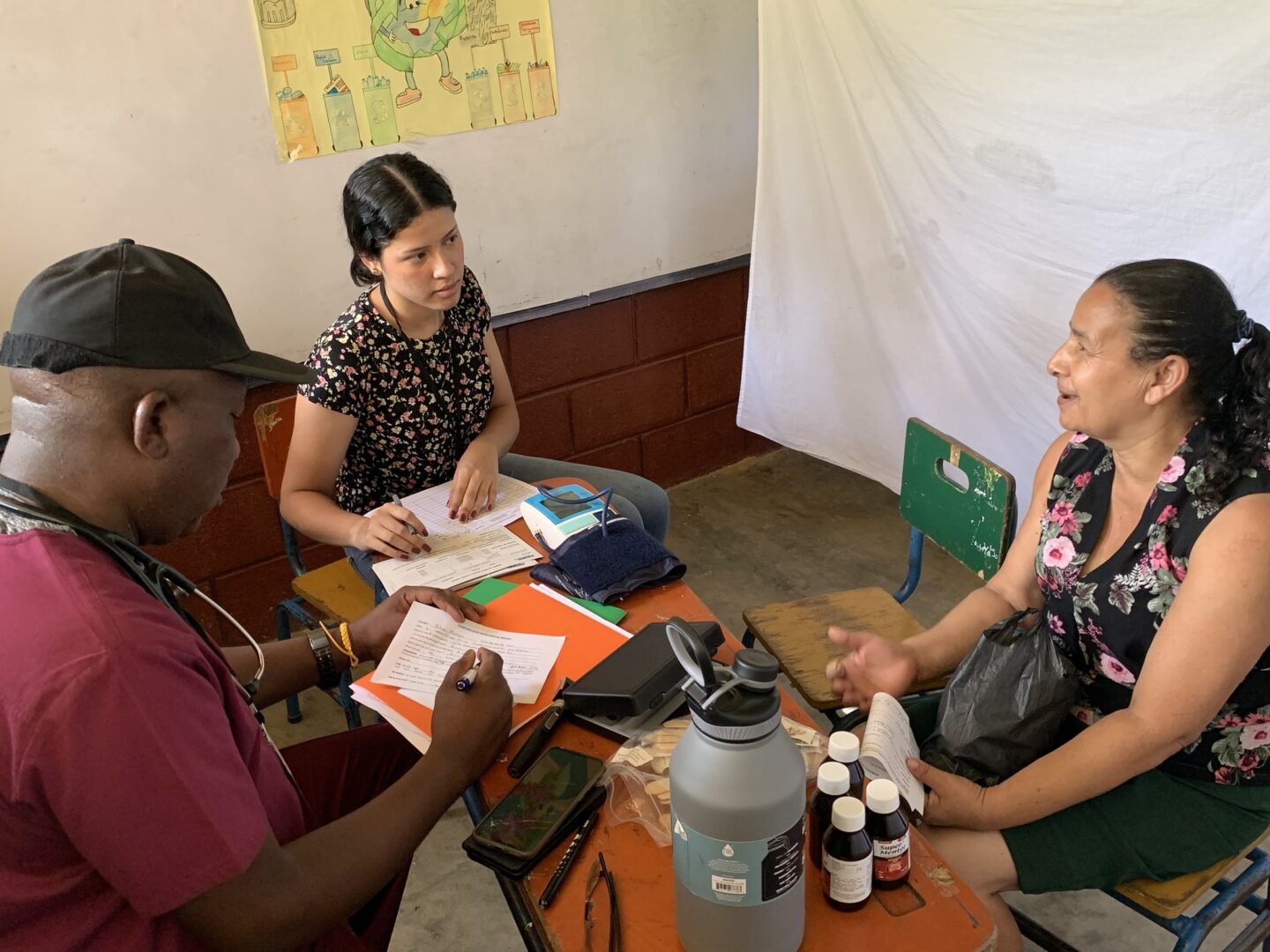
Any advice for folks feeling overwhelmed?
Charity work, especially in the medical field, can be exhausting. There is never a point in which a project is complete: every patient can be seen, treated, and released, but they are going to become ill again at some point even if there is not a need for monitoring, immediate follow-up, or new complications. On an individual level it is a Sisyphean task that I do not envy for our doctors, dentists, and nurses, though I appreciate them immensely. From an organization perspective, it can make it extremely difficulty to measure or even see the impact of the work you’re doing.
When overwhelmed, the first and most important step is to accept it and your limitations. When you have too many plates spinning or burners firing, you have to accept that things have gotten out of hand so that you can start triage. That acceptance allows your mind to refocus from “I can’t do all of this” to “I can do what matters most,” which is the purpose of leadership. Sometimes it means you can pull in assistance in time to avoid calamity altogether. Sometimes it just means addressing the greatest demand and hoping that what breaks can be fixed another day.
Contact Info:
- Website: https://hondurasgoodworks.org
- Instagram: https://www.instagram.com/hondurasgws/
- Facebook: https://www.facebook.com/HondurasGoodWorks
- Linkedin: https://www.linkedin.com/company/honduras-good-works/
- Twitter: https://twitter.com/HondurasGWs
- Youtube: https://www.youtube.com/channel/UCRT0CfATebaft00wHgYOh-g
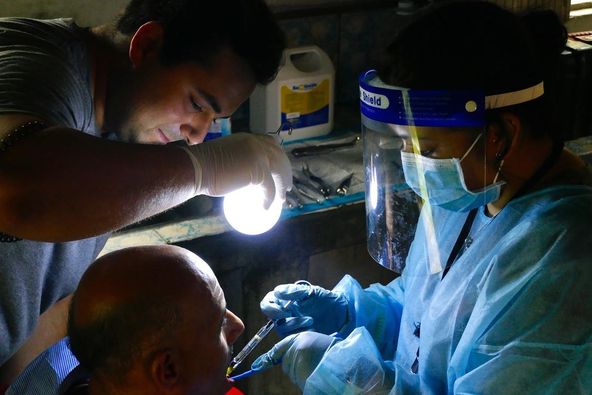
so if you or someone you know deserves recognition please let us know here.

